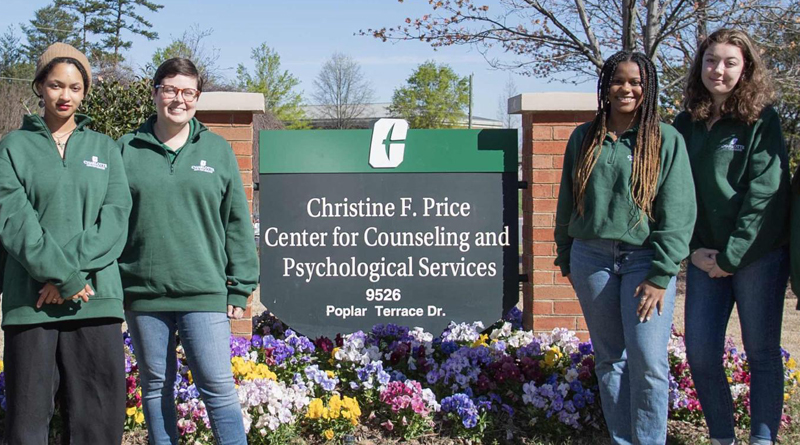Same Day Mental Health Support For Students At Charlotte
At UNC Charlotte, college students seeking mental health support now face fewer barriers thanks to an innovative approach by the Center for Counseling and Psychological Services (CAPS). The introduction of the “same-day access model” last semester has revolutionized how students connect with mental health professionals, ensuring immediate support is just a call away.
Under this groundbreaking model, students reaching out for an initial consultation can secure an appointment on the same day, eliminating the traditional waiting periods. Available from Monday to Thursday, during designated morning and afternoon hours, these brief sessions are designed to quickly assess the student’s needs, address urgent concerns, and outline recommendations for further support.
Erica Lennon, the director of CAPS, emphasizes the transformative impact of this initiative. “If there is too much time between when a student needs a first appointment and when they can access one, their symptoms could intensify and actually get worse,” Lennon stated. This proactive approach not only increases accessibility but aims to intervene before challenges escalate into crises.
The shift to same-day appointments has yielded remarkable outcomes, demonstrating a significant improvement in student engagement with mental health services. By the 10th week of Fall 2023, the program achieved a 100% show rate for initial consultations, a stark contrast to the 63% recorded the previous year.
Behind this success is the formation of an access team, a dedicated group of clinicians providing first-come, first-serve support. This team plays a crucial role in evaluating students’ situations and guiding them toward appropriate resources, whether within CAPS, elsewhere on campus, or in the Charlotte community. This approach is part of CAPS’ commitment to personalized care, recognizing the diverse needs of students and the importance of tailored support options.
Lennon highlights the potential limitations of traditional counseling models, advocating for a broader perspective on treatment. “A lot of times, individual counseling is looked at as the only form of treatment to address mental health concerns. This can actually be pretty harmful, because it creates a certain box that you force everybody into,” she explained. In response, CAPS offers a range of services, including group therapy, workshops, and the “Let’s Talk” series, aiming to meet the varied needs of students.
Furthermore, CAPS has expanded its support network through a partnership with “Togetherall,” an online mental health community accessible to all UNC Charlotte students at no cost. This initiative complements the same-day appointments, ensuring students have access to a comprehensive suite of mental health resources.
While the same-day model represents a significant departure from previous practices, Lennon is focused on raising awareness among students to maximize the benefits of this change. “This has never been done in the history of CAPS before, so it’s very different from what students who have been for a while are accustomed to,” Lennon said. The positive feedback from students who have utilized the same-day appointments underscores the effectiveness of this approach, promising a more accessible and responsive mental health support system at UNC Charlotte.

